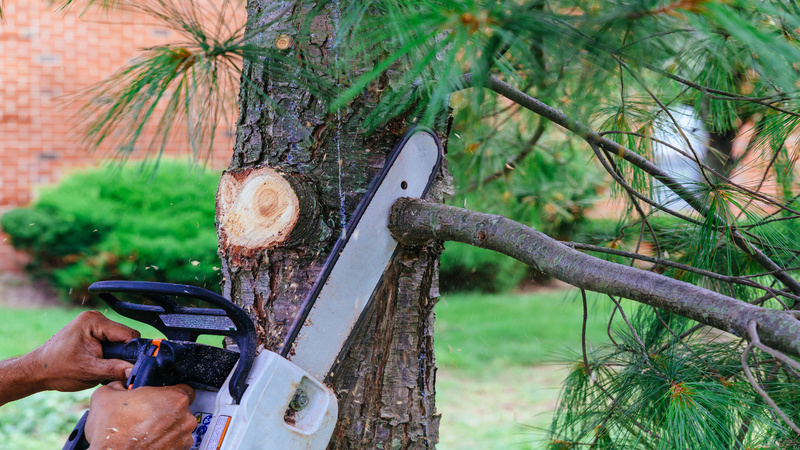In the pursuit of holistic health and wellness, many are turning towards ancient practices, with Chinese medicine leading the way. Attending a Chinese Medicine School in the USA offers a unique blend of traditional Eastern practices and modern Western medical techniques. This educational path not only broadens one’s healthcare expertise but also opens up a variety of professional opportunities.
Main Content
Diverse Curriculum
One of the primary benefits of enrolling in a Chinese Medicine School is the exposure to a wide-ranging curriculum that covers various aspects of traditional Chinese medicine (TCM). Students learn about:
- Acupuncture: Techniques of inserting needles into specific body points to relieve pain and treat various health conditions.
- Herbology: The use of natural herbs in the treatment of illnesses and enhancement of general health.
- Tui Na Massage: A therapeutic form of massage rooted in TCM principles.
- Qi Gong and Tai Chi: These practices focus on aligning body, breath, and mind for health and meditation.
Practical Experience
Chinese medicine schools in the USA emphasize hands-on learning experiences. Students gain practical skills through clinical rotations and internships, which are essential for mastering the application of Chinese medicine. This direct patient interaction prepares students for real-world scenarios and enhances their diagnostic and treatment skills.
Cultural Integration
Studying TCM in the USA allows students to immerse themselves in a cultural exchange, gaining insights into the philosophical and historical backgrounds of Chinese medicine. This education is not just about learning techniques but also about understanding the cultural significance and holistic approach that Chinese medicine brings to healthcare.
Career Opportunities
Graduates from Chinese medicine schools have a variety of career paths to choose from. These include:
- Private Practice: Many graduates go on to open their own practices, specializing in areas such as acupuncture or herbal medicine.
- Integrative Healthcare Settings: Professionals can work alongside other medical practitioners in hospitals and wellness centers that offer integrative care.
- Education and Research: There is a growing demand for educators and researchers in the field of Chinese medicine, especially as the global interest in alternative medicine increases.
Regulatory Recognition
In the United States, practitioners of Chinese medicine are recognized and regulated, providing legitimacy and structure to the profession. Graduates from accredited schools are eligible to sit for national certification exams, which are crucial for practice licensure in various states.
Attending a Chinese Medicine School in the USA is more than just an educational commitment; it is a pathway to a rewarding career that blends ancient wisdom with modern practice. Students benefit from a comprehensive curriculum, practical training, and a deep dive into a rich cultural tradition. With the growing acceptance and integration of Chinese medicine in Western healthcare frameworks, graduates are well-positioned to make significant impacts in the lives of patients seeking holistic and effective treatment alternatives. The journey to becoming a skilled practitioner of Chinese medicine starts with choosing the right school—one that aligns with both professional goals and personal philosophies towards health and wellness.


